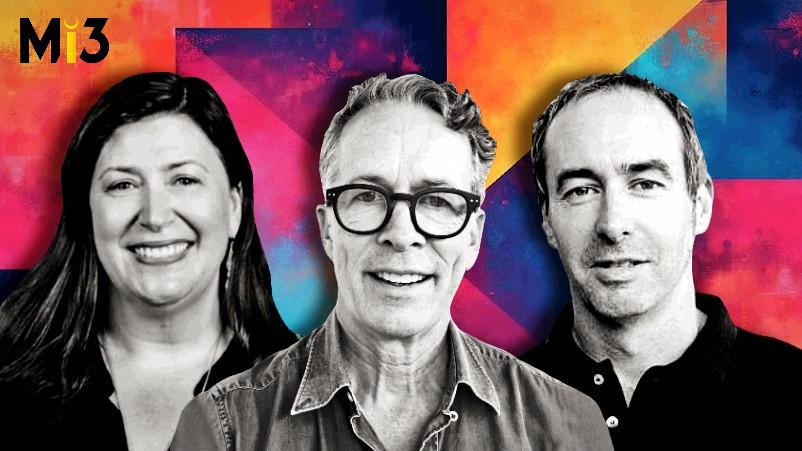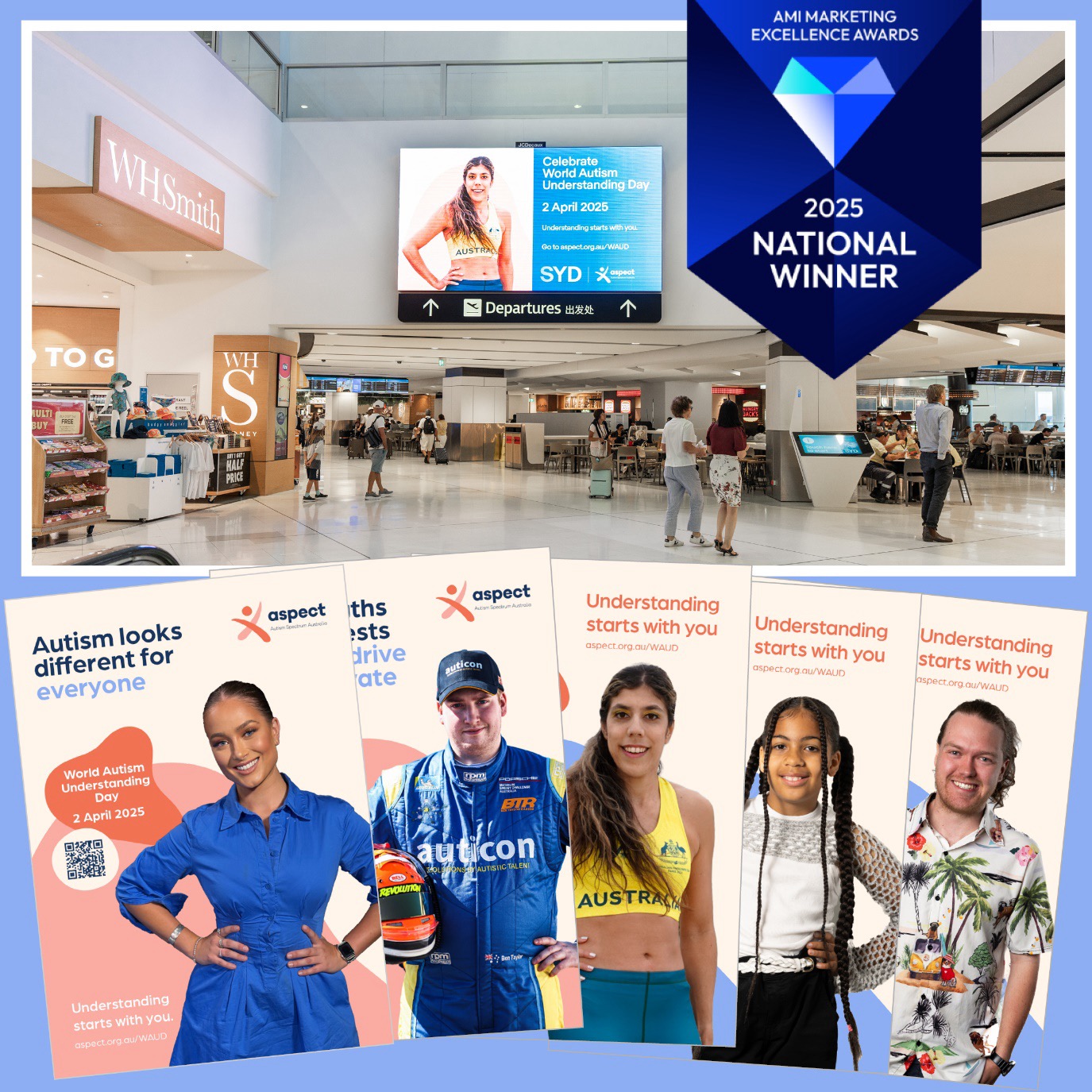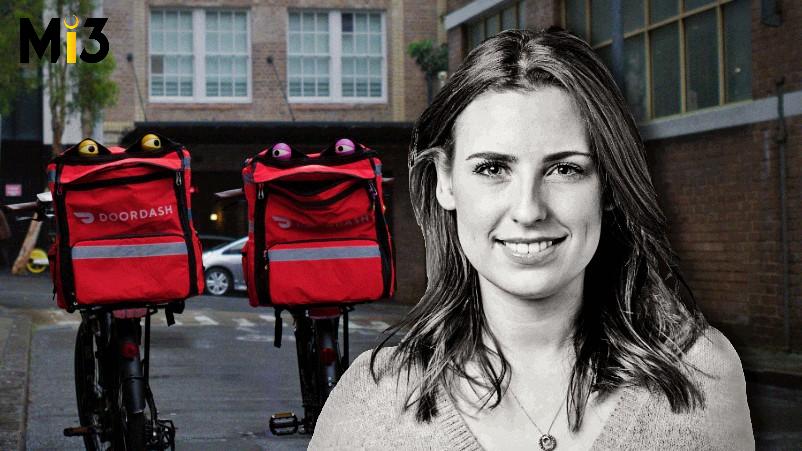Arnott’s has released its latest promo venture, ‘The Bikkie Belt’, a wearable tradie holster designed to keep its popular biscuits within easy reach.
Author: admin
‘Cosy’ brand management roles are out, ‘trust managers, AI orchestrators, AEO specialists’ are in: ACAM outlines the new jobs flipping marketers from AI victims to ‘getting paid shitloads’
You can be on the wrong side of the emerging AI skills shortage as a marketer, or “you can actually get paid a shitload of money and be poached left, right and centre, because you understand how those two things correlate”, says ACAM co-founder, Douglas Nicol. As the pro-purpose hub looks to embed itself in the practicalities of how marketing teams build capability survive and thrive in an AI world, it’s come up with guiding principles and job descriptions of new and evolving roles to try combat the fear and anxiety surrounding skills development and new-look functional models. Cue trust-first brand and customer management, answer engine optimisation in parallel to SEO, AI productivity coaches and the pressing need for what Foxtel head of marketing operations and report contributor, Aaron Michie, calls an orchestrator who can stitch AI into legacy systems, processes and platforms.
Government to go live this weekend with social media ban ads
A national education campaign that includes TV, radio, print and socials will commence this Sunday (19 October) to prepare Australians for the new social media minimum age laws, coming into effect on 10 December.
Under Armour secures five-year partnership with Canberra Raiders
Under Armour has announced a significant five-year partnership with the Canberra Raiders, marking its inaugural collaboration with an NRL club.
ACMA introduces SMS sender ID register to combat brand impersonation scams
The Australian Communications and Media Authority (ACMA) has announced new regulations requiring organisations using branded identifiers in SMS messages to register these identifiers with their telecommunications provider.
The New Mandate: From Adopters to Architects
NY fashion brand Steve Madden has made its inaugural foray into the wine market through a collaboration with Melbourne Winery.
Australia Marketing Institute Award-Winning Campaign: RSPCA SA Perfectly Adoptable
NY fashion brand Steve Madden has made its inaugural foray into the wine market through a collaboration with Melbourne Winery.
Award-Winning Campaign Drives Change from Awareness to Action
NY fashion brand Steve Madden has made its inaugural foray into the wine market through a collaboration with Melbourne Winery.
Australian Marketing Institute Winning Campaign: Liquorland & Clean Up Australia Partnership
NY fashion brand Steve Madden has made its inaugural foray into the wine market through a collaboration with Melbourne Winery.
‘Don’t f*ck it up is high on my list’: DoorDash goes hard on brand mascots, local creative in bid to boost preference, consideration – but hedges with retail performance multi-plays
DoorDash is rapidly gaining share, moving from number three to number two in a knife-fight-in-a-phone box delivery market promising to scoot “basically anything that’s not nailed down” to the doorstep within minutes. In a cut-throat market, creative cut-through and distinctiveness are key, says brand ANZ leader, Madison Westall. While rivals are mixing global and local, she’s committing to Aussie humour, insights and attitudes – Bob Katter and all. The firm’s betting on animatronic puppet bags and a brand-plus-performance play to bring home consideration and preference by the basketful. Westall aims to leave the brand cakes in the over long enough to see the rise in business outcomes. But DoorDash is running equally hard, if not harder, on performance, striking deals with retailers across the piste to rapidly move the needle.










